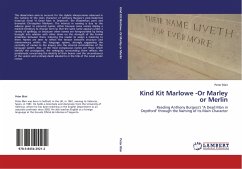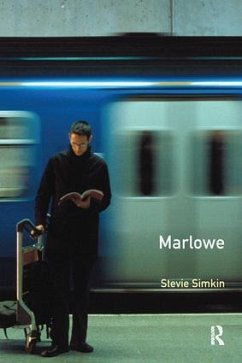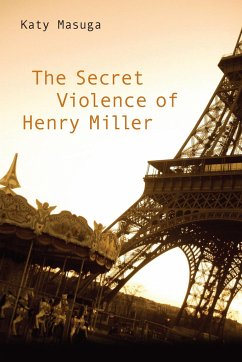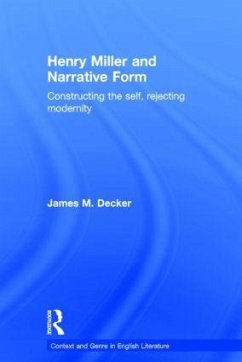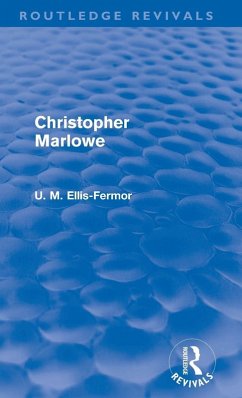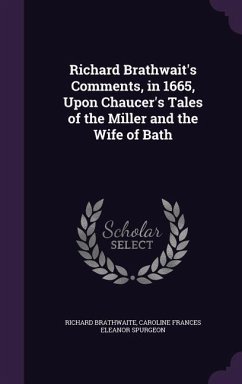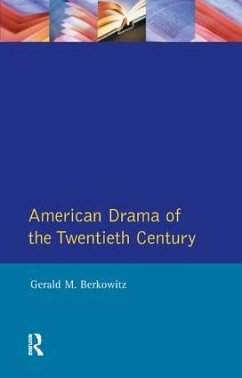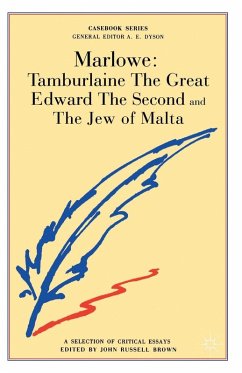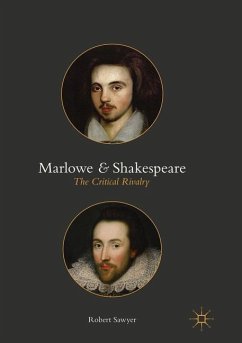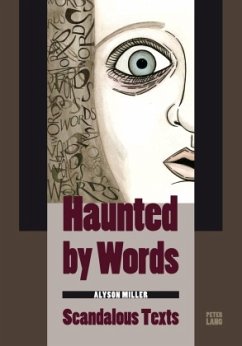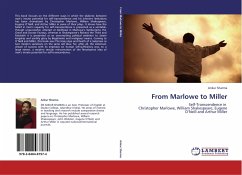
From Marlowe to Miller
Self-Transcendence in Christopher Marlowe, William Shakespeare, Eugene O'Neill and Arthur Miller
Versandkostenfrei!
Versandfertig in 6-10 Tagen
32,99 €
inkl. MwSt.

PAYBACK Punkte
16 °P sammeln!
This book focuses on the different ways in which the dialectic between man s innate potential for self-transcendence and his inherent limitations has been dramatized by Christopher Marlowe, William Shakespeare, Eugene O Neill, and Arthur Miller in some of their plays. It shows how the belief in man s capacity for self-transcendence is presented as a veritable, though unsuccessful, attempt at Godhead in Marlowe s Tamburlaine the Great and Doctor Faustus, whereas in Shakespeare s Richard the Third and Macbeth it is presented as an overvaulting political ambition to attain kingship and earthly gl...
This book focuses on the different ways in which the dialectic between man s innate potential for self-transcendence and his inherent limitations has been dramatized by Christopher Marlowe, William Shakespeare, Eugene O Neill, and Arthur Miller in some of their plays. It shows how the belief in man s capacity for self-transcendence is presented as a veritable, though unsuccessful, attempt at Godhead in Marlowe s Tamburlaine the Great and Doctor Faustus, whereas in Shakespeare s Richard the Third and Macbeth it is presented as an overvaulting political ambition to attain kingship and earthly glory by illegitimate and irreligious means. Coming to O Neill and Miller, this book sees The Hairy Ape and Death of a Salesman as two modern variations on the same old idea; for, after all, the American dream of success with its emphasis on human self-sufficiency was, to a large extent, a modern secular reincarnation of the Renaissance idea of man s innate potential for self-transcendence.



